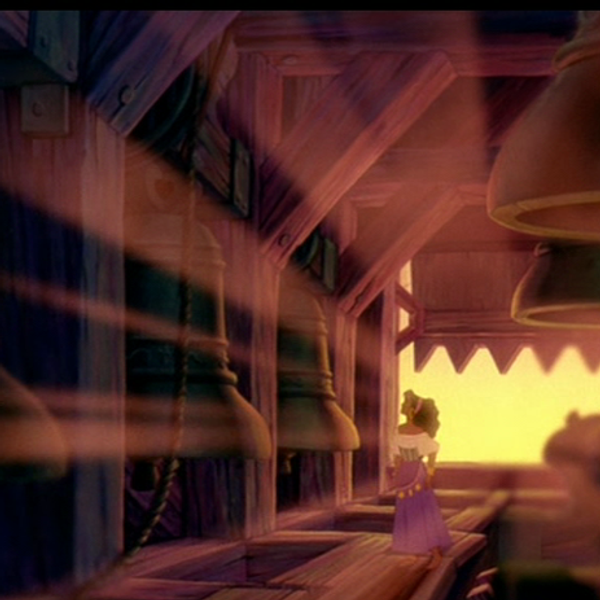I enjoyed reading “On 12 Years a Slave and Why We Enjoy Watching Others Suffer,” by Nel McDonald. She poses an interesting question, that I myself have never thought about. McDonald states that as a society we enjoy watching others suffer in movies mostly because it is entertaining, and evokes certain emotions out of us. I am not necessarily eager to see violence in movies, and I definitely would not want to be experience it personally but from the comfort of my bed or desk watching an incident occur on screen is different. I am exposed to violence without fear of that action being inflicted on myself. I think most people are like this as well, but that also says a lot about most of societies character.
Violence is flashed at us constantly, it’s almost as if our culture glorifies it. There is this need for power and dominance everywhere, I’ve noticed that I like watching pain inflicted on others in movies as long as I do not have a personal connection to that character. Not meaning that I am related to them by blood, but that I can relate to them due to race, religion, gender, or even shared morals. So according to Geertz, we seek out disturbing art so that we may experience something frightening and challenging without having to fear the consequences.
Twelve Years a Slave was an amazing movie, it was gripping and I was hooked throughout the entire movie, however I will say that I’m not sure I “enjoyed” watching it. Like McDonald I was uncomfortable multiple times, and at one point even thought about leaving the theatre because of a rape scene. To enjoy something you have to willingly approve of what you’re partaking in, and for me there were way too many scenes that made me twitch and shift in my seat. I can’t tell you how many times I scrunched my face and found others things to look at other than the screen.
Now in a second article “12 Years a Slave Reframed: A Narrative of White Racist Pathology,” by Roya Rastegar I was confused by her logic. The entire article was about the pathology of white racism, and although she states that Chiwetel Ejiofor is a great actor his character never really fully developed compared to Michael Fassbender and Sarah Paulson’s characters. This was frustrating to me because she couldn't see the development in Northrop the black slave but she could in the characters of the white slave master and his mistress. The worst part was that Raster even recognized the scene or Northrop accepting his fate as a slave forever when he starts singing amongst the rest of the slaves during a funeral, but yet he was undeveloped.
Northrop starts off rebelling towards everything he’s exposed to as a slave, questioning and claiming his freedom to anyone he encountered. He even risks death and beats up a white “master” because he’s tired of being treated badly. But as the movie progresses he slowly falls back and keeps his silence learning to play the game in order to survive, to the point of basically realizing that there truly is no escape for him. The master Edwin Epps and his mistress are cold hearted and cruel throughout the entire movie brutalizing their slaves with hate, lust, and jealousy. There never is a moment where they stop or change, so what complex character development does Rastegar see exactly, because I'm confused.
In the film there was a pathology for white supremacy stemming from the white men and women desire to control, occupy, and consume everything concretized in law. Master Epps knows that what he is doing is wrong, he won’t admit to it but never denies it when the morality of slavery is brought up. He does however justify his actions because it is written in law, and also because he believes christianity calls for it. Master Epps never questions his sins but always lashes out at the “sins” acted out against him by his property (slaves). So, although I will say that it was difficult to agree with Rastegar she was correct in her claim “no one is safe from the pathology of white racism…it has infected us all.”
And that is the only truth I found in her article.





















